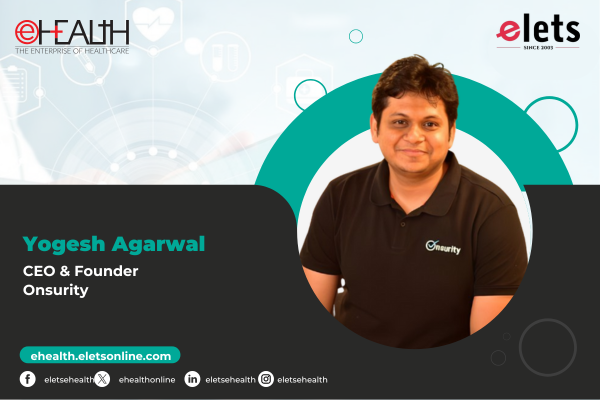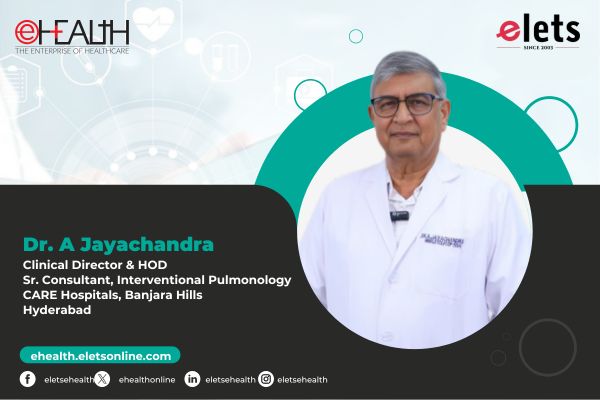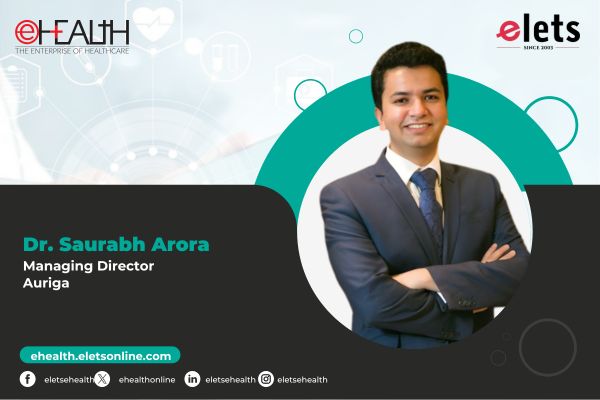
India’s commitment to achieving Universal Health Coverage (UHC) through a comprehensive “whole of government” and “whole of society” approach was reiterated by Union Health Minister Shri Jagat Prakash Nadda during his address at the 77th session of the Regional Committee of the World Health Organization (WHO) Southeast Asia Region (SEARO). This high-level event, which saw the participation of health ministers and officials from across Southeast Asia, highlighted India’s significant strides in healthcare and its leadership in addressing regional and global health challenges.
Universal Health Coverage and Ayushman Bharat

In his opening remarks, Shri Nadda emphasized the Indian government’s ongoing efforts to ensure health coverage for all its citizens. He pointed to the Ayushman Bharat Pradhan Mantri Jan Arogya Yojana (AB PM-JAY), the world’s largest publicly funded health assurance scheme, which provides over 120 million families with an annual hospitalization benefit of USD 6,000. The scheme has been instrumental in reducing the financial burden on millions of households by offering free, comprehensive healthcare services.

The Minister also announced a significant expansion of the AB PM-JAY to cover all citizens aged 70 years and above. “This expansion will benefit around 45 million families, including 60 million elderly individuals, ensuring that they receive free health insurance coverage,” said Shri Nadda. This move underscores the government’s focus on providing inclusive healthcare, especially to the growing elderly demographic.

Tackling Non-Communicable Diseases (NCDs)

Addressing the growing public health challenge posed by non-communicable diseases (NCDs), Shri Nadda highlighted the success of India’s National Programme for Prevention and Control of NCDs, launched in 2010. This program has led to the establishment of 753 NCD clinics, 356 Day Care Centers, and over 6,200 Community Health Centers (CHCs) across the country. These facilities focus on early detection and preventive measures to combat conditions like hypertension, diabetes, and cardiovascular diseases.
By strengthening its NCD control infrastructure, India is addressing these critical health issues at their root, working to mitigate the long-term public health impact of lifestyle diseases.
India’s Leadership in Digital Health
Shri Nadda also showcased India’s position as a leader in the global digital health landscape, highlighting key initiatives such as the Ayushman Bharat Digital Mission (ABDM), e-Sanjeevani, Integrated Health Information Platform (IHIP), and SAKSHAM. These Digital Public Infrastructures (DPIs), which provide comprehensive digital health services, have placed India at the forefront of healthcare innovation.
India’s digital health achievements, including the highly successful CoWIN platform, developed during the COVID-19 pandemic, have set the stage for the UWIN platform – a new initiative under the Universal Immunization Programme (UIP). UWIN is designed to register, track, and monitor all vaccination events, further enhancing the effectiveness of India’s immunization efforts.
In a major announcement, the Health Minister stated that India would be sharing its digital expertise through the Global Initiative on Digital Health (GIDH), a WHO-managed network launched during India’s G20 Presidency. India will provide both technical and financial support to other nations in developing and implementing their own digital health systems.
Integrating Traditional Medicine with Modern Healthcare
Recognizing the importance of traditional and complementary medicine across Southeast Asia, Shri Nadda expressed India’s support for the WHO’s efforts in establishing the Global Traditional Medicine Centre. India’s experience in integrating traditional systems of medicine with modern healthcare has resulted in a more holistic approach to health and wellness, offering citizens a wider range of treatment options.
Also Read: Go Spiritual India Launches Mental Health Awareness Campaign on World Mental Health Day
“India’s Ayushman Aarogya Mandirs, which are community Health & Wellness Centres, exemplify the integration of traditional and conventional medicine. These centers offer comprehensive healthcare services that promote both physical and mental well-being,” Shri Nadda remarked.
Global Health Collaboration: Sharing Knowledge and Experience
The Union Health Minister closed his address by stressing the importance of international collaboration to strengthen global health systems. Citing Prime Minister Shri Narendra Modi’s vision of ‘Sabka Saath, Sabka Vikas, Sabka Vishwas, Sabka Prayas’, Shri Nadda highlighted the need for unity in addressing global challenges.
“Health transcends borders, and addressing these challenges requires a collaborative approach,” Shri Nadda said. “By sharing experiences and learning from each other’s successes and challenges, we can enhance the resilience of our health systems and drive transformative change across the globe.”
A Forward-Looking WHO SEARO Session
The 77th session of the WHO Southeast Asia Region Committee commenced with the election of office bearers and the formation of a Drafting Group for Resolutions and Decisions. Several dignitaries, including Dr. Razia Pendse, Chef de Cabinet at WHO Headquarters, and health ministers from Bhutan, Nepal, the Maldives, Timor Leste, Bangladesh, Indonesia, Sri Lanka, and Thailand, were in attendance.
Saima Wazed, Regional Director for WHO SEARO, echoed the Minister’s sentiments during her address, pointing to both the historic progress in global health and the new challenges that lie ahead. “As we conquer old threats, we are faced with new ones. It is upon us to confront the perils of today with the collective wisdom of all who came before us and with the tools of the 21st century,” she said.
India’s leadership in healthcare innovation, digital health infrastructure, and the integration of traditional medicine places the country at the forefront of efforts to achieve Universal Health Coverage, both at home and across the Southeast Asia region. As global health challenges continue to evolve, the collaborative approach emphasized during the 77th session of the WHO SEARO will be key to ensuring healthier populations and stronger healthcare systems worldwide.
Be a part of Elets Collaborative Initiatives. Join Us for Upcoming Events and explore business opportunities. Like us on Facebook , connect with us on LinkedIn and follow us on Twitter , Instagram.
"Exciting news! Elets technomedia is now on WhatsApp Channels Subscribe today by clicking the link and stay updated with the latest insights!" Click here!
















